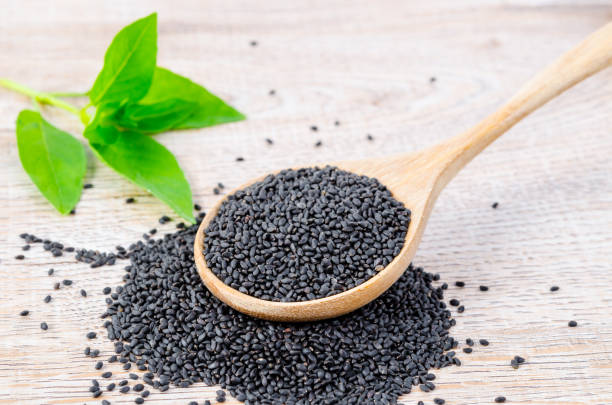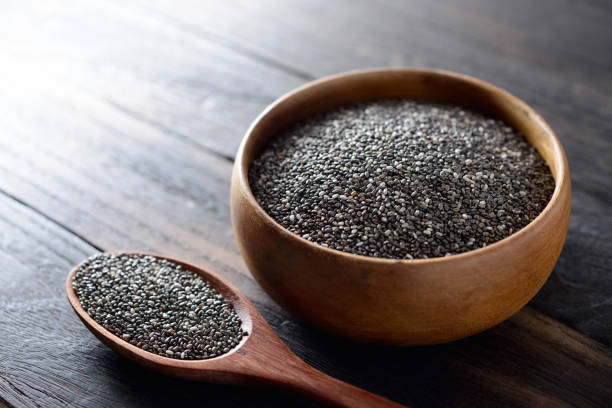Basil seeds, also known as sabja or tukmaria seeds, are small, black seeds that are commonly used in traditional Asian desserts and drinks. They have become increasingly popular in recent years for their potential health benefits, but what exactly do these seeds contain, and are they truly healthy for you?
Nutritional Value of Basil Seeds
Basil seeds are a good source of several essential nutrients. They are particularly high in fiber, with around 2 grams of fiber per tablespoon. This can help to promote healthy digestion and prevent constipation. They are also a good source of protein, with around 2 grams per tablespoon. Additionally, basil seeds are a good source of minerals such as iron, magnesium, and zinc. They also contain small amounts of other essential vitamins and minerals.
Are Basil Seeds Healthy for You?
Basil seeds have been traditionally used to treat a variety of health conditions, such as diabetes, high blood pressure, and digestive issues. Studies have also shown that they may have anti-inflammatory and antioxidant properties, which could potentially help to protect against certain diseases.
One potential benefit of basil seeds is their ability to regulate blood sugar levels. A study in rats found that basil seed extract was able to lower blood sugar levels and improve insulin sensitivity. Another study in humans found that consuming basil seed drink for 12 weeks resulted in a significant reduction in blood sugar levels.
Basil seeds are also high in fiber, which can help to promote healthy digestion and prevent constipation. They also may help to lower cholesterol levels, as a study in rats found that consuming basil seed extract was able to reduce total cholesterol and triglyceride levels.
Basil seeds are also a good source of antioxidants, which can help to protect cells against damage from free radicals. Antioxidants can be beneficial in protecting against certain diseases such as cancer, heart disease, and Alzheimer’s disease.
Basil seeds also have anti-inflammatory properties, which may help to reduce the risk of chronic diseases such as heart disease, cancer and diabetes. Inflammation is a key factor in the development of these conditions, and basil seeds may be able to reduce inflammation in the body, which can help to protect against these diseases.
However, more research is needed to confirm these potential health benefits. Most of the studies have been done on animals or in a laboratory setting, and more human studies are needed to confirm these findings.
In conclusion, basil seeds are a nutrient-dense food that can provide many potential health benefits. They are high in fiber, protein, and minerals, and they may also be able to help regulate blood sugar levels, lower cholesterol, and have antioxidant and anti-inflammatory properties. However, more research is needed to confirm these potential health benefits. As with any supplement, it is always best to consult with a healthcare professional before adding them to your diet.

 Home
Home Health
Health Diet & Nutrition
Diet & Nutrition Living Well
Living Well More
More












